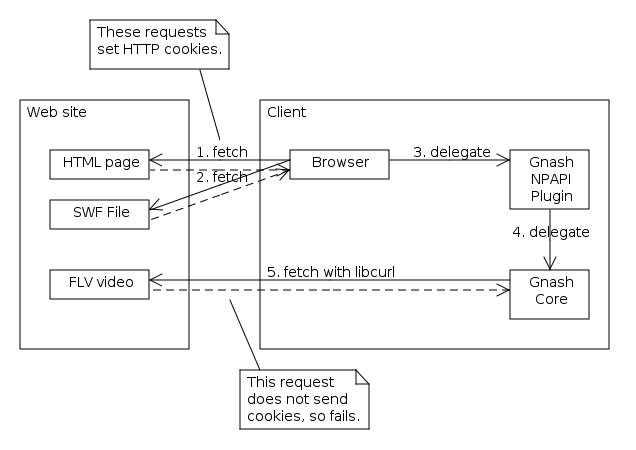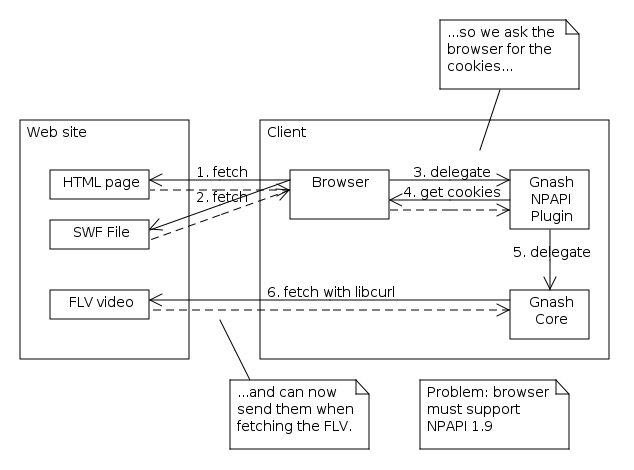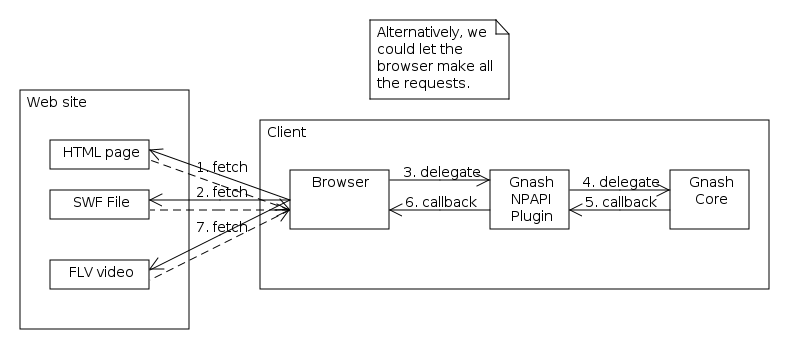Tim Retout: Software Architect
I've been promoted - my job title will now be 'Software Architect'.
This seems to mean I'll be writing documents rather than code - any
higher-level, and I'd need Mark Shuttleworth's spacesuit. Is this a
good thing? Anyway, I celebrated by opening my last bottle of Debian
wine.
<spam>Unfortunately, I can't take up my new role until we
have hired a replacement. UK-based developers who know Perl and
ideally PostgreSQL might want to look at the
job description, although I'd recommend sending your CV and
covering letter to me directly. I don't get a referral bonus, it's
just that I don't like what that agency does with your
carefully-crafted application.</spam>
I'd like to thank everyone who maintains LaTeX for their
assistance in this matter.
In other news, I'm studying a couple of Open University courses
part-time - one on software development (i.e. UML), and one on
interaction design. They're going well so far - I've had a couple of
tutorials, and the first part of an assignment came back with good
marks.
I've been reading the Lean Software Development books by
Mary and Tom Poppendieck. They seem to put Agile development into a
'respectable' historical context of similar improvements in
manufacturing, which might be useful for persuading project
managers.
 As of Gnash 0.8.8, a workaround was added, calling an NPAPI
function NPN_GetValueForURL to ask the web browser for the
relevant cookies. New diagram:
As of Gnash 0.8.8, a workaround was added, calling an NPAPI
function NPN_GetValueForURL to ask the web browser for the
relevant cookies. New diagram:
 The downside is that this function was only added in NPAPI version
1.9. This means:
The downside is that this function was only added in NPAPI version
1.9. This means:
 So, the good news is, this problem should almost certainly get
fixed over the coming Debian release cycle, if only because all the
browsers will get updated. In the meantime, disabling cookies (and
removing stale ones from YouTube) is a workaround.
So, the good news is, this problem should almost certainly get
fixed over the coming Debian release cycle, if only because all the
browsers will get updated. In the meantime, disabling cookies (and
removing stale ones from YouTube) is a workaround.
 I can't believe I didn't notice that swirl sooner. It will join my
picture of the
I can't believe I didn't notice that swirl sooner. It will join my
picture of the